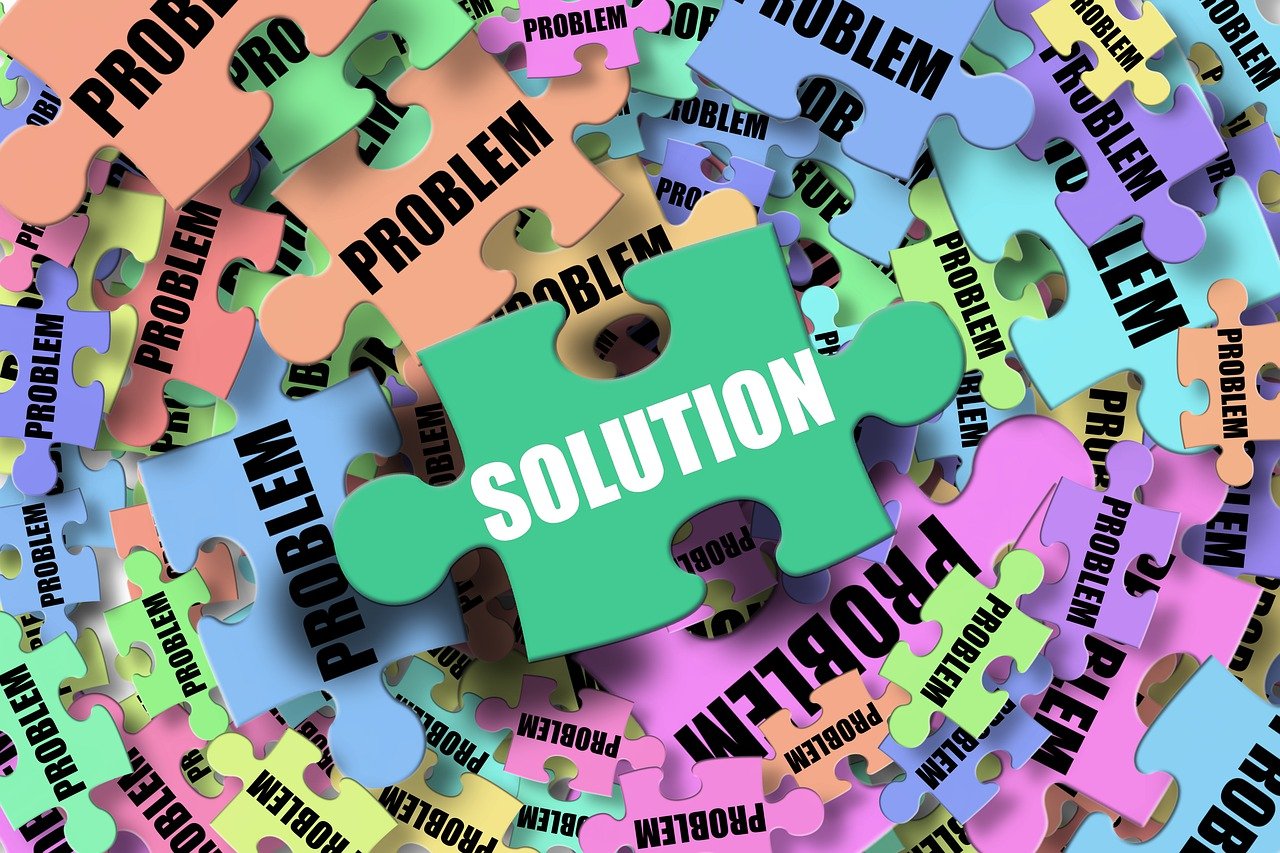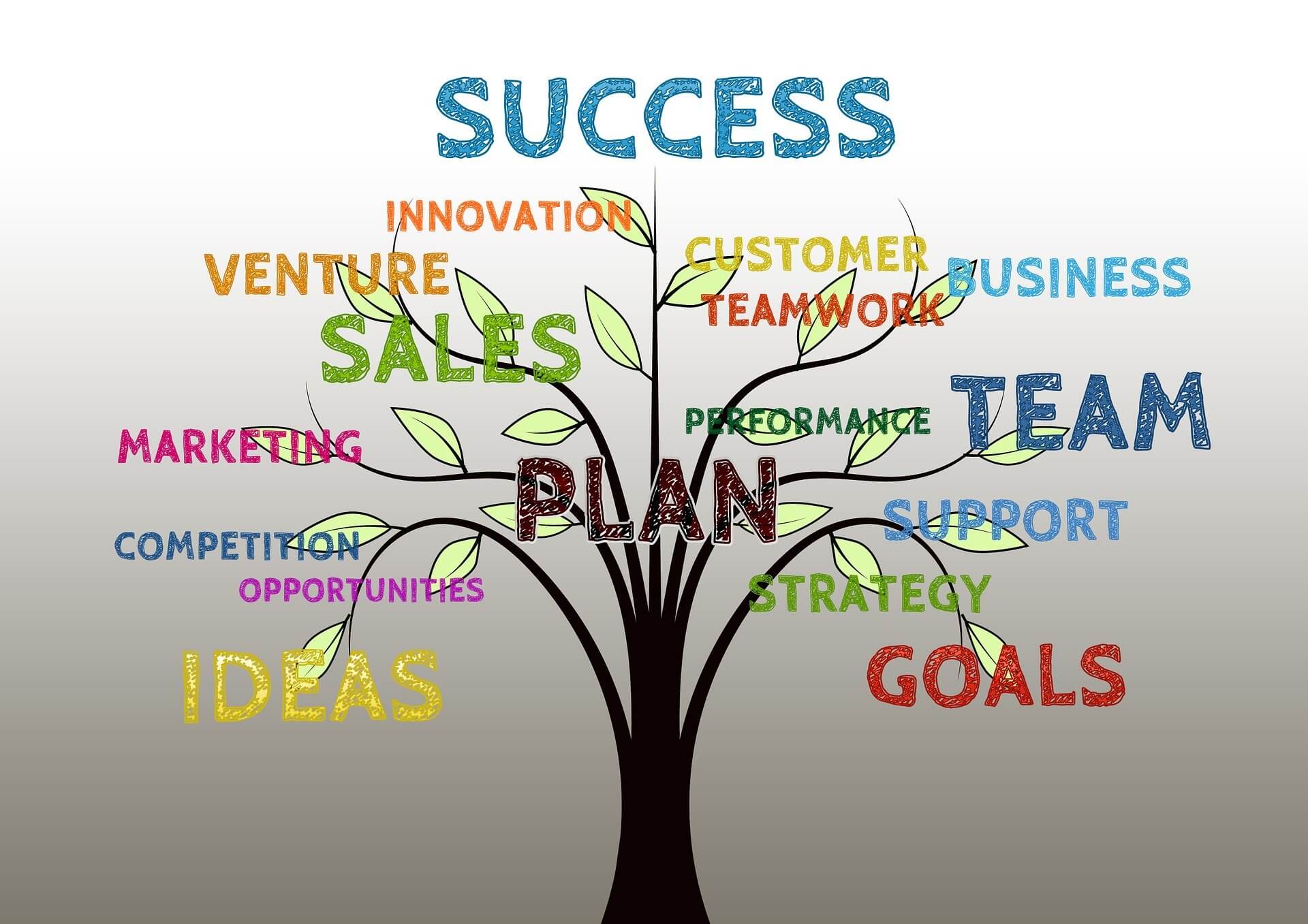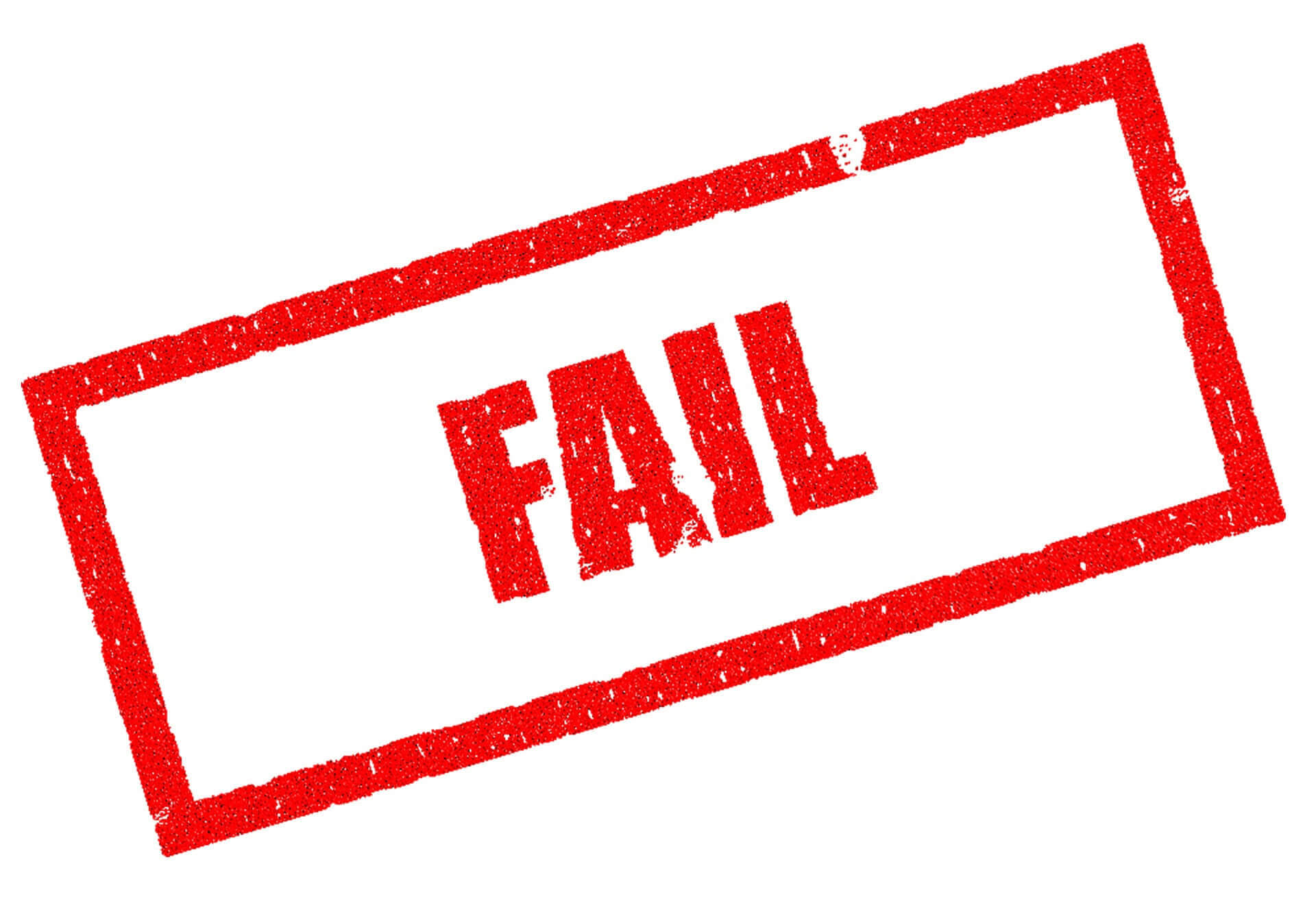Being irreplaceable at work might seem like the ultimate career achievement. But is it really?
Picture this: You’re sitting across from your boss during your annual review. She leans forward and says, “Honestly, I don’t know what we’d do without you.”
Your heart swells with pride. You’ve made it! You’re irreplaceable! But wait… is being irreplaceable at work actually a good thing?
Welcome to one of the most fascinating paradoxes in modern corporate life.
Jeff Bezos has emphasized the importance of being memorable and customer-focused throughout his career. Yet there’s another equally compelling maxim that’s gained traction in management circles:
If you’re irreplaceable, you’re unpromotable
While this wisdom has been shared across various business forums and thought leadership pieces, its core truth resonates throughout corner offices everywhere.
So which is it?
Should you strive to become the lynchpin your organization can’t function without, or should you focus on building systems and teams that can thrive without your constant presence?
As someone who’s navigated these waters both as a manager and consultant, I can tell you the answer isn’t straightforward.
But understanding this paradox might just be the key to unlocking your next career breakthrough.
If you would rather listen than read:
The Allure of Being Irreplaceable at Work
Let’s start with the obvious: being irreplaceable feels fantastic.
When colleagues constantly seek your input, when projects stall without your involvement, when your name becomes synonymous with getting things done, it validates everything you’ve worked for. You matter. You’re essential. You’re the hero of your organization’s story.
This desire for irreplaceability stems from our fundamental need for security and recognition.
Mid-level managers, especially those in CPG companies where competition is fierce and margins are thin, often feel pressure to prove their worth on a daily basis.
According to recent 2024 data, 43% of employees report their stress levels increased in 2024 compared to 2023, with managers bearing an even heavier burden. Becoming irreplaceable seems like the ultimate job security blanket.
The Clear Benefits of Being Irreplaceable at Work
Enhanced Job Security
No one wants to feel easily disposable. Managers who carve out unique positions, cultivate specialized skills, or establish deep relationships with stakeholders inherently secure their roles. Companies hesitate to replace people who possess rare, valuable insights, particularly in the CPG sector where nuanced market knowledge can dramatically influence outcomes. When layoffs loom, memorable employees often find themselves safely above the cut line.
Increased Influence and Recognition
Being memorable often goes hand-in-hand with influence. Consider an insights manager who consistently delivers consumer trends that shape successful product launches. Their indispensable expertise earns recognition, respect, and ultimately, career advancement. You’re invited to the important meetings. Your opinions carry weight. Your voice shapes strategy.
Better Career Opportunities
When you’re known for something valuable, doors open. The unique value you bring attracts internal opportunities—exciting projects, promotions, or lateral moves that enrich your experience. Externally, being recognized as indispensable boosts your attractiveness to recruiters and industry peers, offering leverage in career negotiations.
Higher Job … Click to continue reading















 For this first summary of a post, I’d like to share not a list of solutions but a selection of inspiring quotes on reacting to failure. I think it sets the stage beautifully for the three other summaries to come.
For this first summary of a post, I’d like to share not a list of solutions but a selection of inspiring quotes on reacting to failure. I think it sets the stage beautifully for the three other summaries to come.
